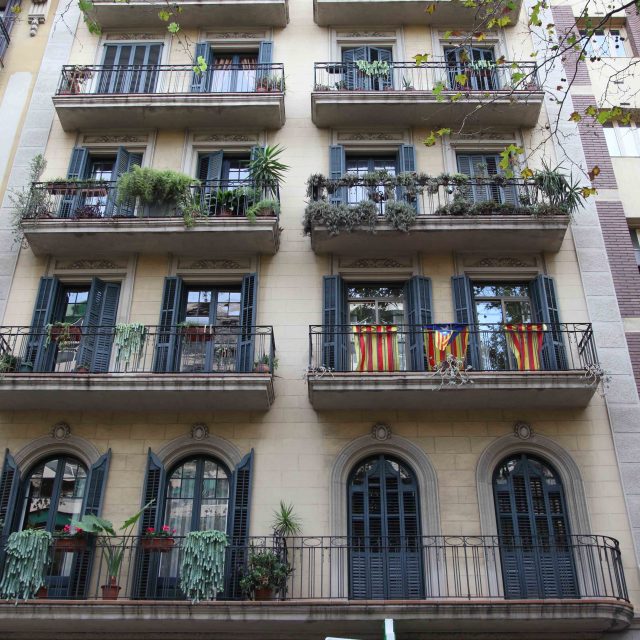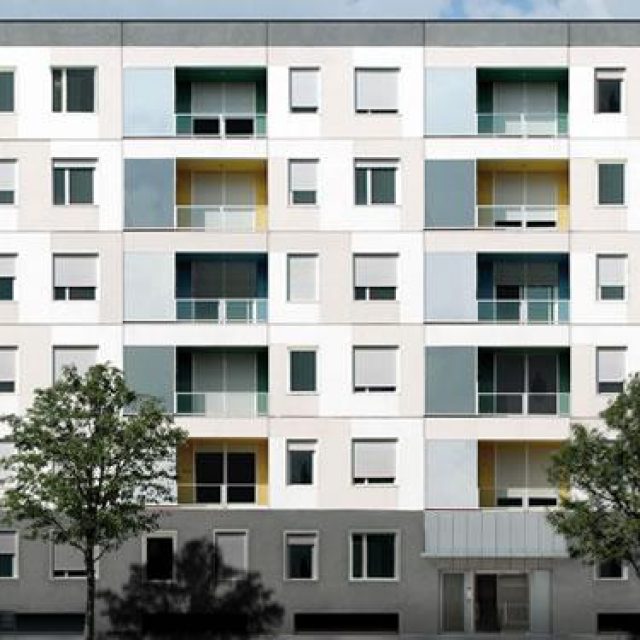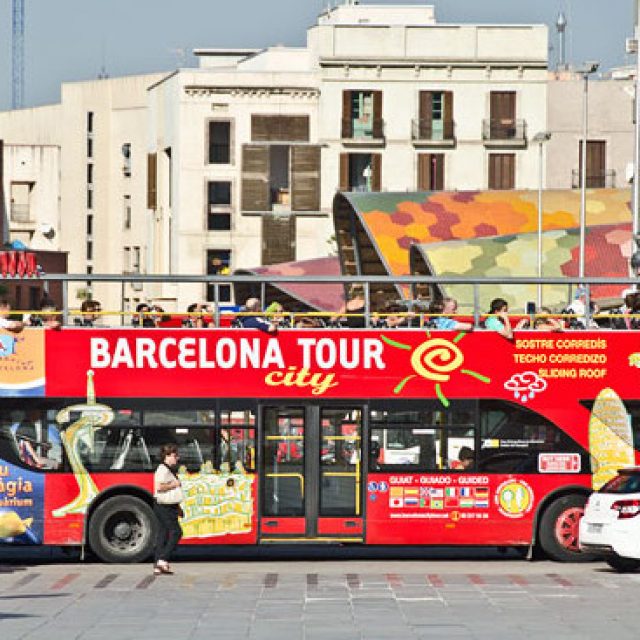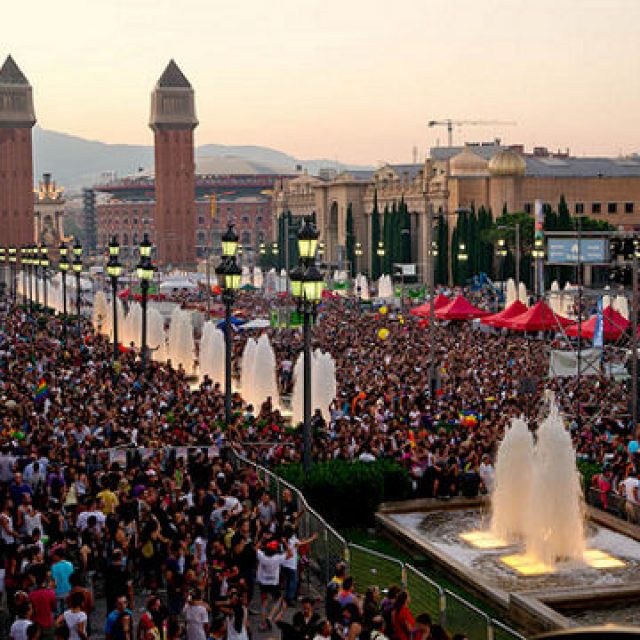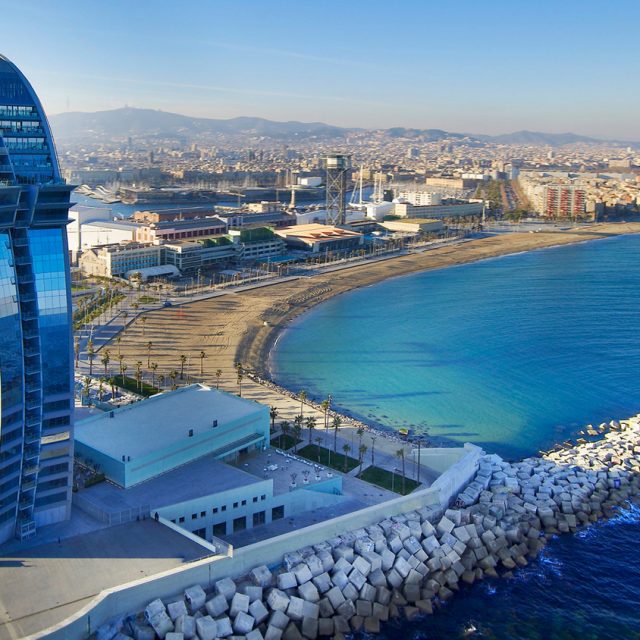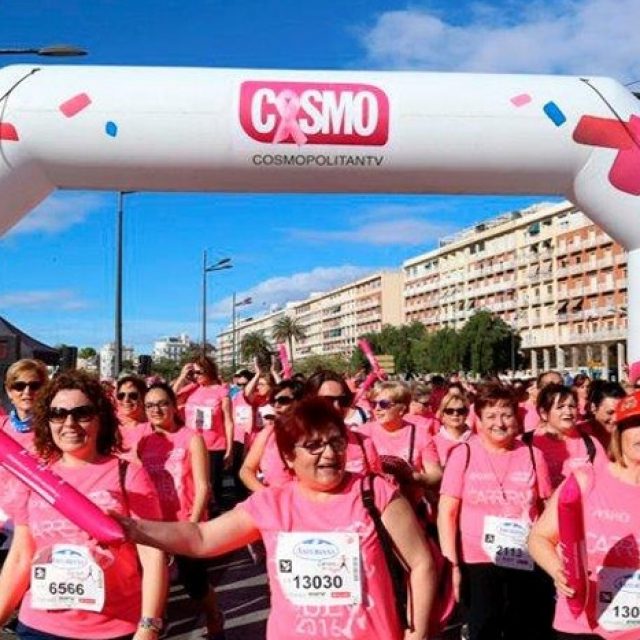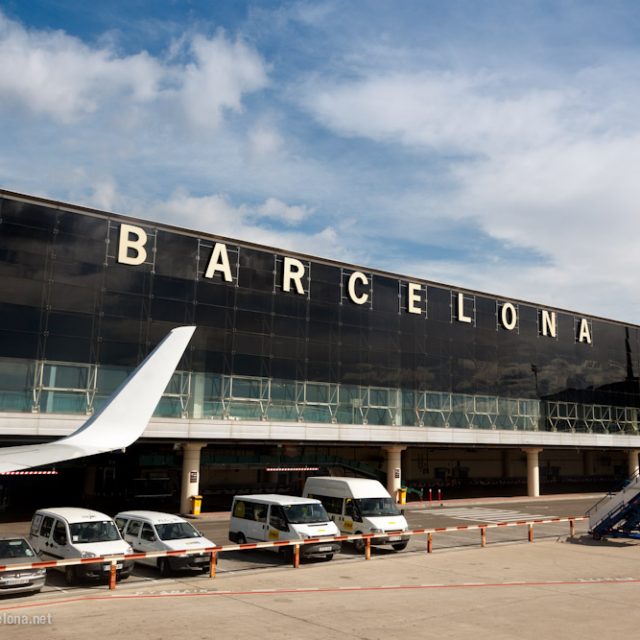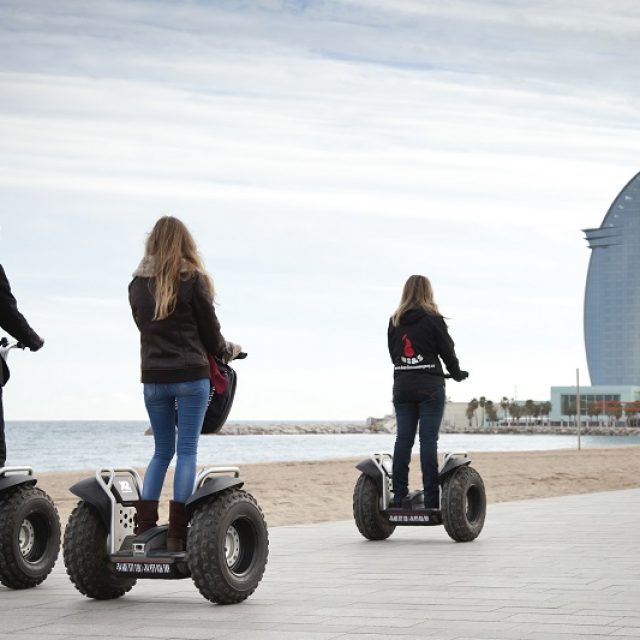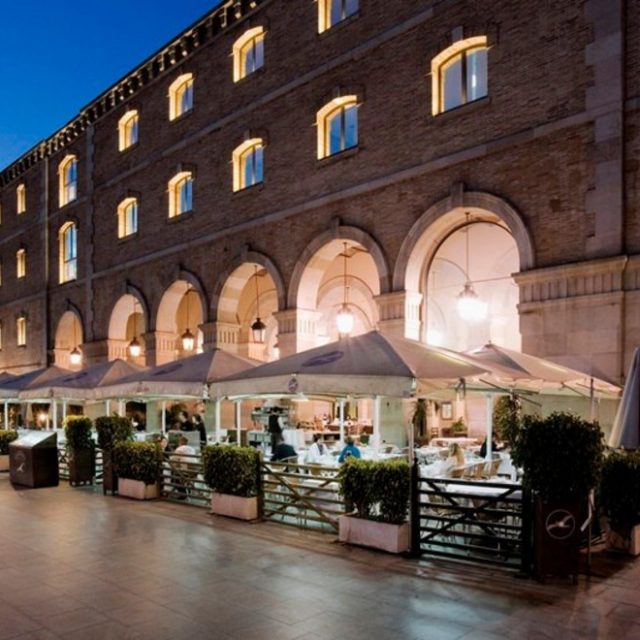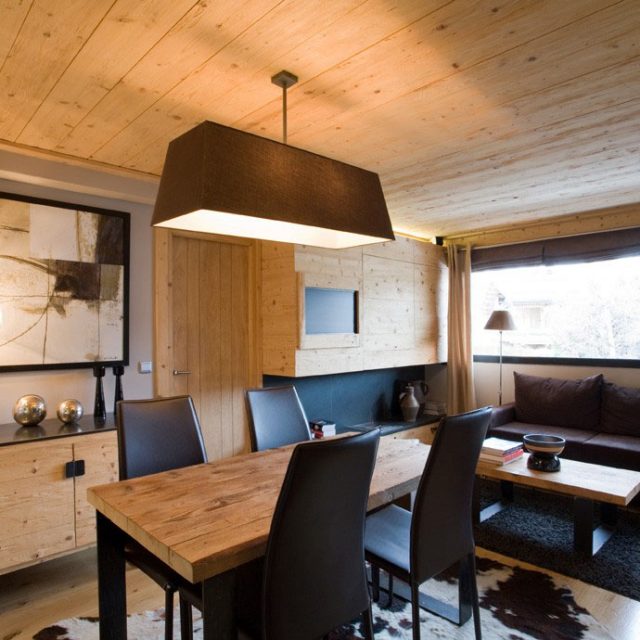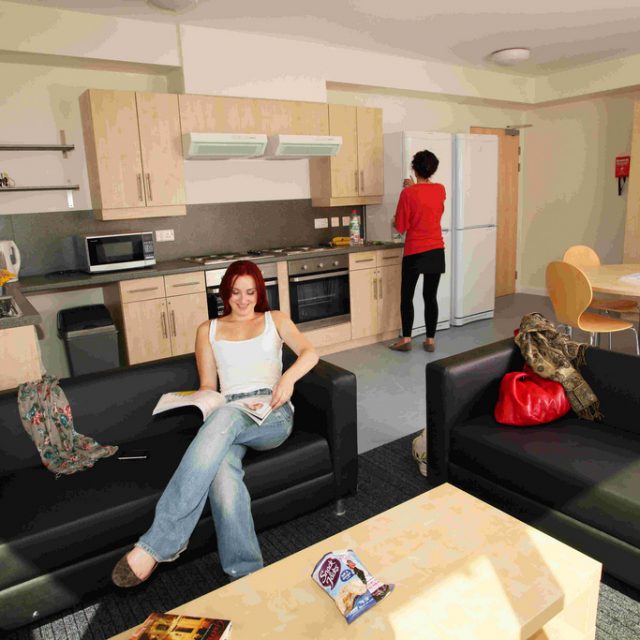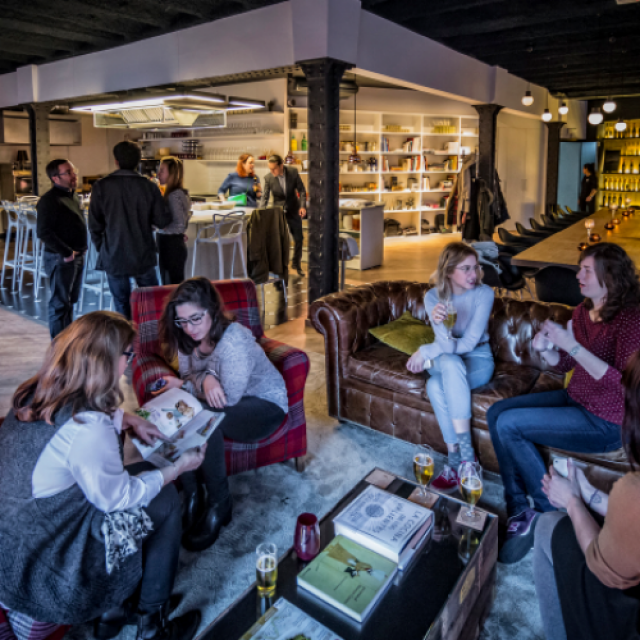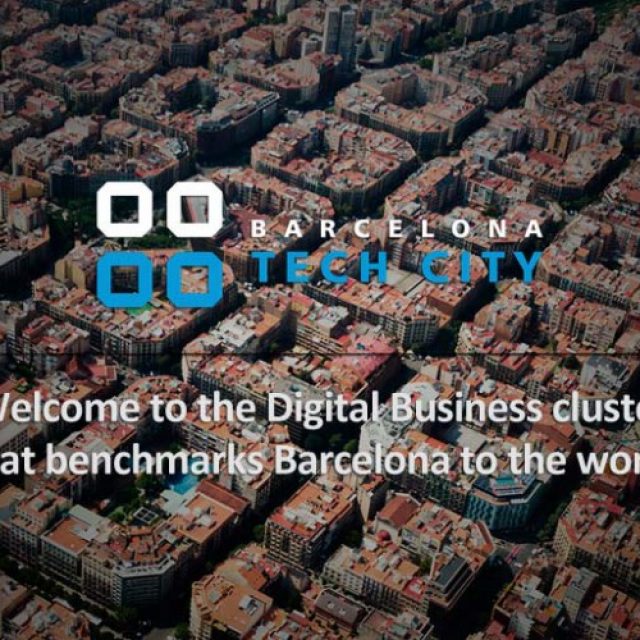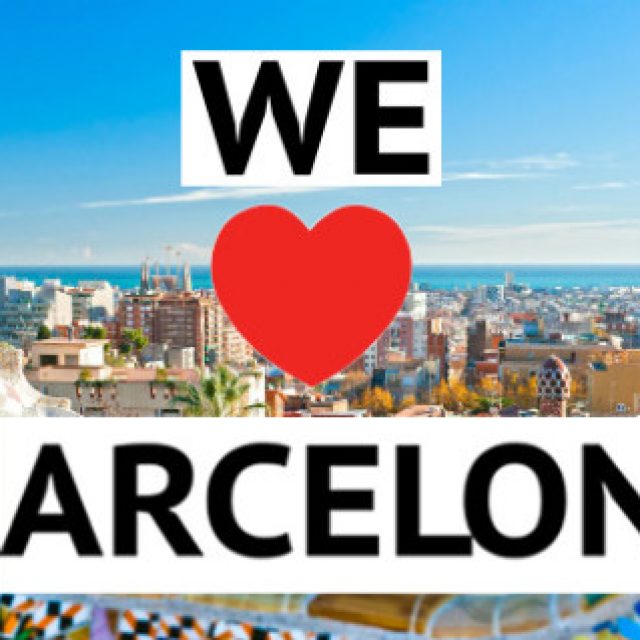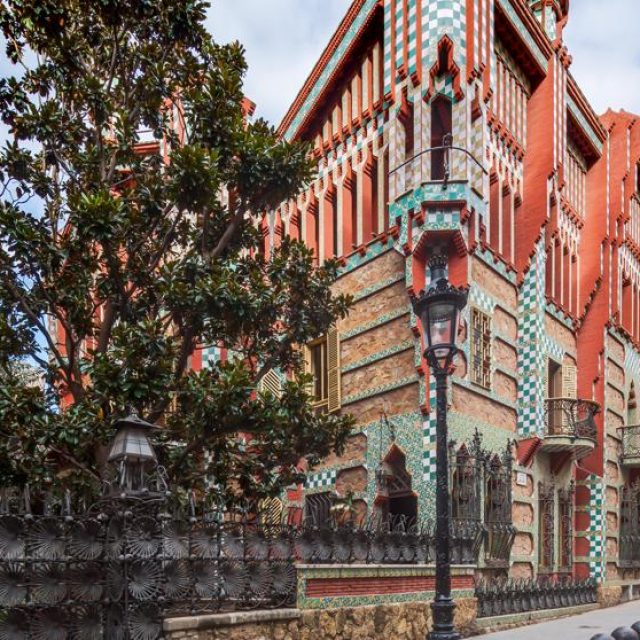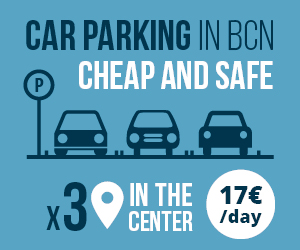The Catalonian Government against the growth of this business sector
The collaborative economy is a sector that has been growing continuously in Europe. The Collaborative Economy is manly based on either lending, renting, buying or selling products for specific needs rather than profits or economic benefits.
The collaborative economy teaches that, other than money, services can also be trading goods. In fact, a person can, for example, offer temporary accommodation to someone in exchange for english or french lessons. Though it is still early to predict whether this system will make a global impact or just partial coverage, it has proven to be very successful, as there has been a lot of sectors in the economy where they have collaborative businesses.
The success of this sector is indisputable as the companies that are operating under this sector have experienced huge growth just by creating a simple business model where users can purchase or rent a second hand product, finance projects etc. In fact, based on the data provided by the National Commission on Markets and Competition (NCMC), This sector is expected to have “enormous future potential” and is still not showing any signs of slowing down.

European experts are indicating that over 150 million Europeans will participate in this economic model in the near future, as 5% of Europe is already taking part. The Spaniard are leading the list, with 6% of the population are currently making use of this mutual cooperation. This is because, as stated by Miguel Ferrel: “Spanish society has assumed that there is a possibility of accessing an offer made by people that can be faster and cheaper” he says.
Before the collaborative economy existed, both employees and organisations expressed dissatisfaction with the legislation, claiming that there are many barriers and regulations that they need to follow in the workplace. However, the rise of this digital platform triggered the Spanish administration to take actions as it seems that two influential sectors were being greatly affected: the Transport and Hotels sectors; one of these being the rise of Airbnb and Homeaway in Barcelona.
Town Hall Of Barcelona vs Homeaway & Airbnb
This case shows a clear representation of the problem between the collaborative consumption sector and the Spanish legislation. Both Airbnb and Homeaway are an online platforms where owners are able to rent and advertise their apartments to people for a limited amount of time. The problem that occurred between Airbnb, Homeaway and the Catalonian government is that there’s an existing legislation regarding rental of housings to tourists owned by private individuals way before this sector expanded to Spain. The ruling mentions that, to rent or advertise private apartments to tourists, one must have an authorised license registered by the ‘Registro de Turismo de Cataluña’ (RTC). On the 24th of November 2016 Barcelona City Council threatened that they will fine €600,000 to both Airbnb and Homeaway for continuing to advertise tourist apartments without a registered license and imposed a sanction a maximum penalty of €30,000 each, for breaching the tourism act.
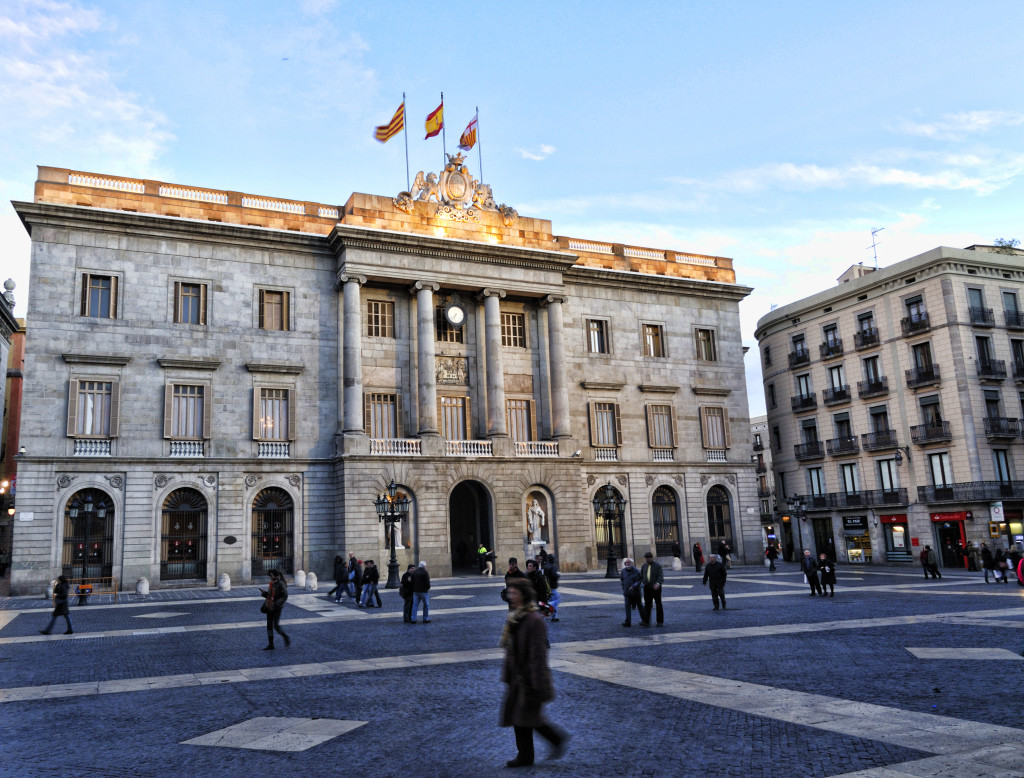
Homeaway responded with disagreement to the government’s decision, stating ” this city is the only one that has penalised our practices. The legal obligation as a platform is contained in the European directive on electronic commerce and its national transposition“. The representatives of Homeaway further stated “there should be a greater involvement on the part of the government in regard of this sector, as there is a chaos between the different regional regulations.” In regards of €30,000 fine penalised to the company, Homeaway confirms that it was appealed and paid off.
Overall, it is recommended that the government analyses and reviews the collaborative economy while it’s still growing. As there is a rise in demand from people to participate in the collaborative consumption, it would be very beneficial for Barcelona’s economy to allow this sector to be active within the city. By analysing and changing some regulations in regards of business competition, The city would be able to expect a great future with this two systems coexisting.
If you would like to read about some specific topic click on the button below and SHARE YOUR THOUGHTS!
Sources: http://www.bolsamania.com/


